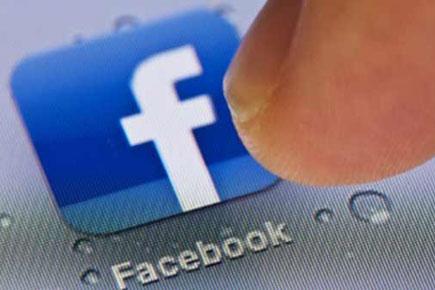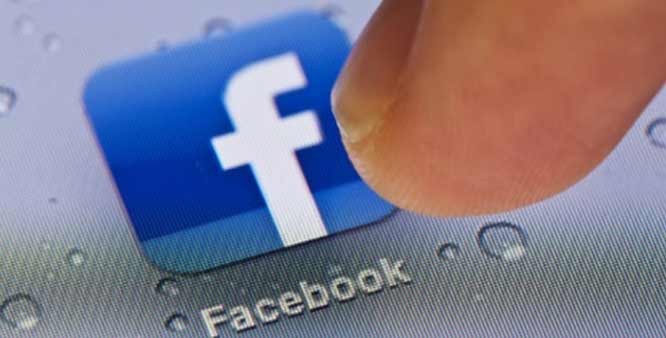Facebook is mustering support of its users in India to defend its platform Internet.org, with just a week left for public comments on a DoT panel's report, which says free Internet services like that of the social network's violate net neutrality principle

New Delhi: Facebook is mustering support of its users in India to defend its platform Internet.org, with just a week left for public comments on a DoT panel's report, which says free Internet services like that of the social network's violate net neutrality principle.
ADVERTISEMENT
Facebook has started the public campaign to make a case before lawmakers for allowing free Internet access platforms like Internet.org. Facebook users in India are getting a message on their profile pages which seeks their opinion on having free basic online services in the country.

"Do you want India to have free basic online services? The mission of Internet.org is to get everyone in the world online. Show your support for free basic online services in India," says the message, which pops up on a Facebook user's homepage.
"Soon India will decide on the future of services like Internet.org. Please comment on this post today to help us tell your MPs that you want to connect everyone in India. ?#?connectindia? ?#?connecttheworld," the message says further.
Many MPs, including Prime Minister Narendra Modi, Finance Minister Arun Jaitley, Telecom Minister Ravi Shankar Prasad and most of cabinet ministers, have their Facebook pages.
By end of June, Facebook had over 125 million users in the country.
The DoT panel's report on net neutrality, which has been placed on MyGov website for public comments till August 15, has received just over 500 views against over 10 lakh messages that were sent to regulator TRAI through an online campaign in support of implementing ideal net neutrality in India.
Net neutrality implies that equal treatment be accorded to all Internet traffic and no priority be given to an entity or company based on payment to content or service providers such as telecom companies, which is seen as discriminatory.
The DoT panel has opposed projects like Facebook's Internet.org which allow access to certain websites without mobile data charges. The data charges are borne by the websites or service provider.
 Subscribe today by clicking the link and stay updated with the latest news!" Click here!
Subscribe today by clicking the link and stay updated with the latest news!" Click here!






